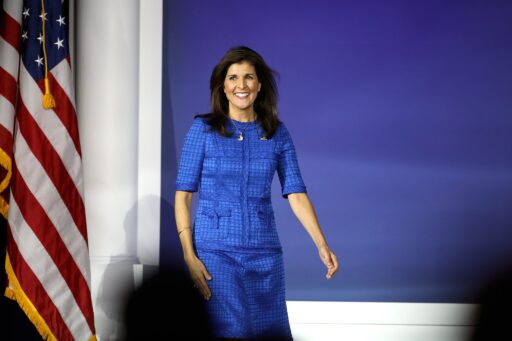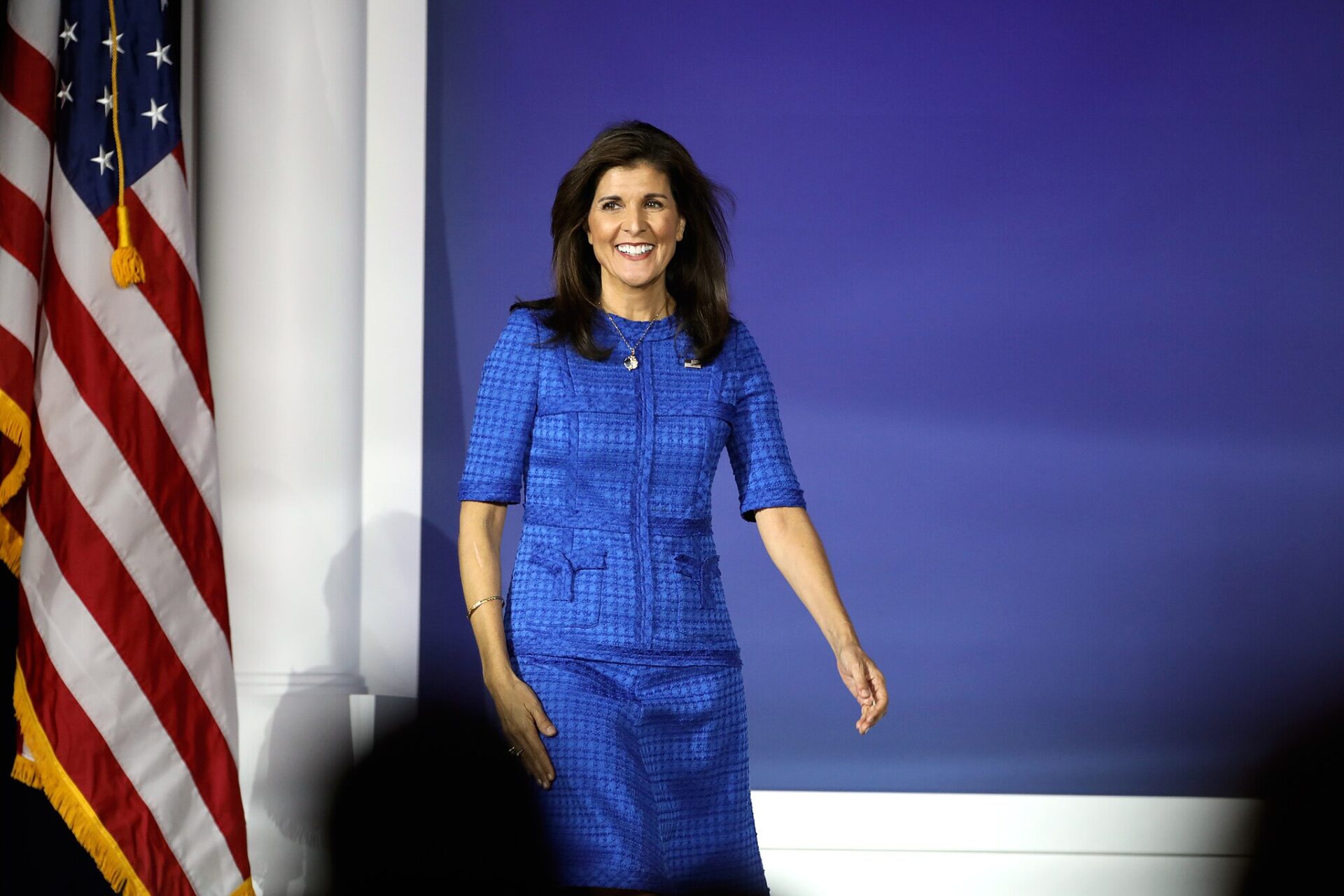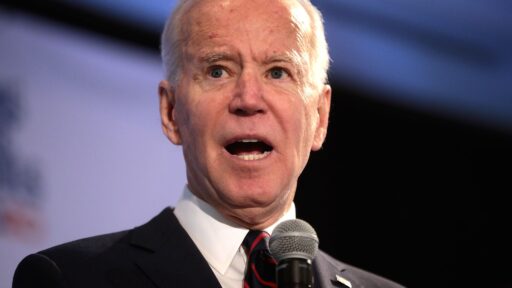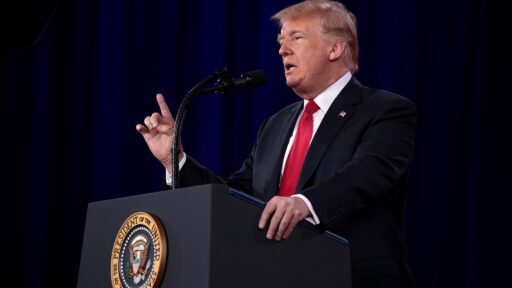Haley’s refusal to work with Trump is going to hurt her own party.
Following her withdrawal from the Republican presidential primary in March, former South Carolina Governor Nikki Haley appears to be maintaining her independence from former President Donald Trump’s reelection bid, as reported by the Associated Press.
The upcoming gathering in Charleston, South Carolina, where Haley is set to meet with around 100 donors, is not anticipated to serve as a platform for endorsing Trump or advocating for other candidates, according to the Associated Press. Rather, it is framed as an expression of gratitude to her supporters, as detailed by the Wall Street Journal.
Despite stepping back from the race, Haley continues to garner notable support in the remaining Republican primaries. In the recent Indiana Republican primary, she secured 22% of the vote, amassing over 128,000 votes.
Her performance in Pennsylvania’s Republican primary last month, where she garnered more than 157,000 votes and captured nearly 17% of the vote share, raised eyebrows, particularly considering Pennsylvania’s closed primary system, which restricts participation to registered Republicans.
In other crucial states like Arizona, Florida, and Georgia, where the electoral landscape remains contentious, Haley’s presence loomed large, even after she formally withdrew from the race. She received 18% of the vote in Arizona, along with notable percentages in Florida (14%) and Georgia (13%).
President Joe Biden’s campaign seized upon Trump’s remarks suggesting that Haley supporters would be excluded from the MAGA movement, running ads aimed directly at appealing to her voter base.
Haley, in announcing her departure from the race, emphasized the importance of inclusivity in politics, stressing that the conservative cause should prioritize expanding its appeal rather than narrowing it.
Recently, Haley disclosed her affiliation with the Hudson Institute, a conservative think tank focused on foreign policy. This move follows her tenure as Ambassador to the United Nations during the Trump administration, showing her continued engagement in conservative discourse beyond electoral politics.






